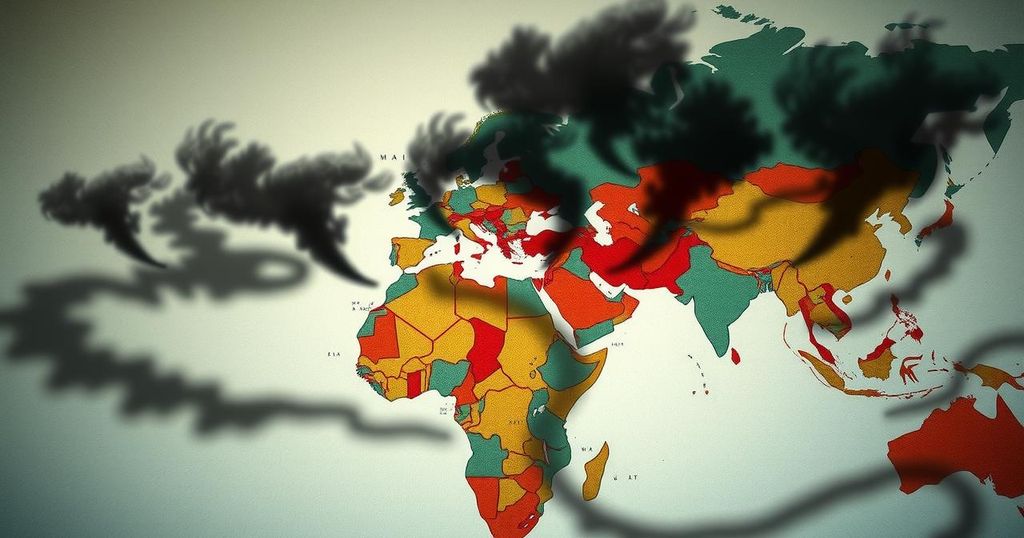Burundi’s President has cautioned that the conflict in eastern DR Congo may escalate into a broader regional war, emphasizing the risks posed by the M23 group’s advances. The situation is alarming not only for security but also for potential outbreaks of serious diseases, as noted by Africa’s top health agency. The recent capture of Goma fuels further instability.
The escalating conflict in eastern Democratic Republic of Congo (DR Congo) poses a significant risk of developing into a wider regional war, according to a statement made by the President of Burundi. The warning comes as both an urgent plea and a projection of instability; the situation is further compounded by concerns from Africa’s leading health organization that the ongoing hostilities could trigger new outbreaks of serious diseases in the region.
The situation intensified when the M23 armed group, allegedly supported by Rwanda, captured the strategic city of Goma and now threatens to advance toward the capital, Kinshasa. This seizure of territory has raised alarms not only within Congo but across the broader Great Lakes region, where previous conflicts have extended beyond national borders.
Over the past decade, eastern DR Congo has seen recurrent violence from various armed groups, including M23, which has previously engaged in conflict against Congolese authorities. The region is marked by a complex interplay of ethnic tensions, resource struggles, and foreign interventions, primarily from neighboring Rwanda. The recent advances by M23 have reignited fears of a regional war reminiscent of the civil wars that plagued the area in the late 1990s and early 2000s.
In conclusion, the precarious situation in eastern DR Congo merits close attention from both national leaders and international observers. The warnings from Burundi highlight the broader implications of the conflict, not only in terms of security but also in potential health crises. As the M23 group continues its advances, the region remains at a critical juncture, necessitating diplomacy and proactive measures to prevent further escalation.
Original Source: www.djournal.com




